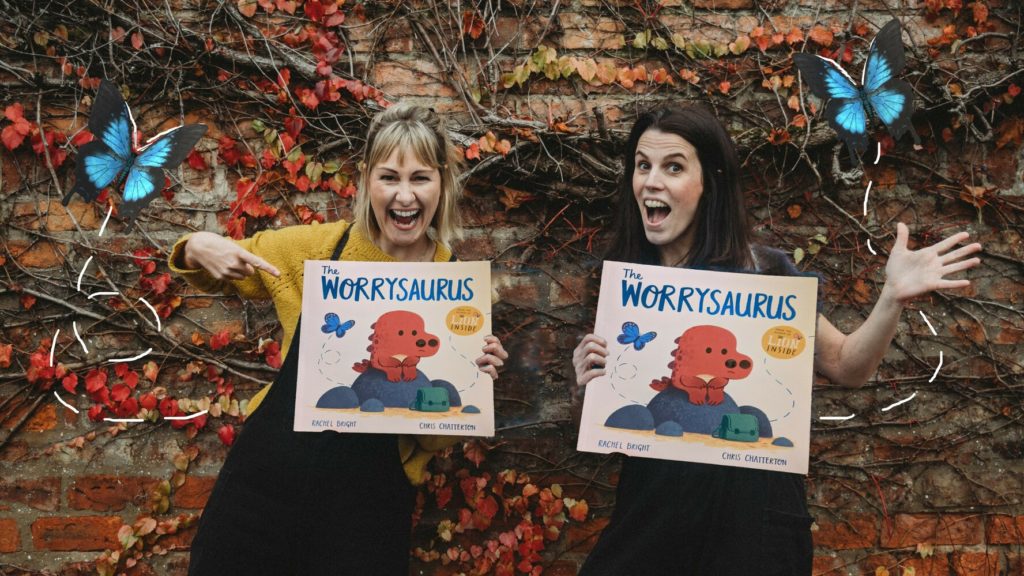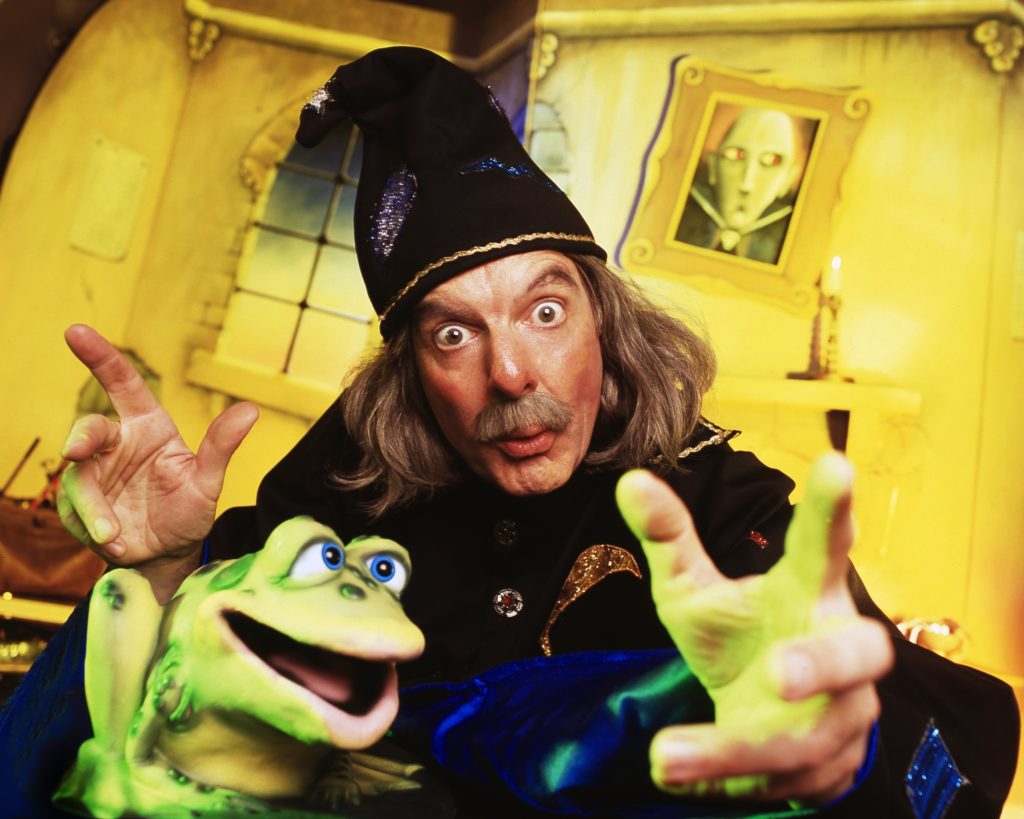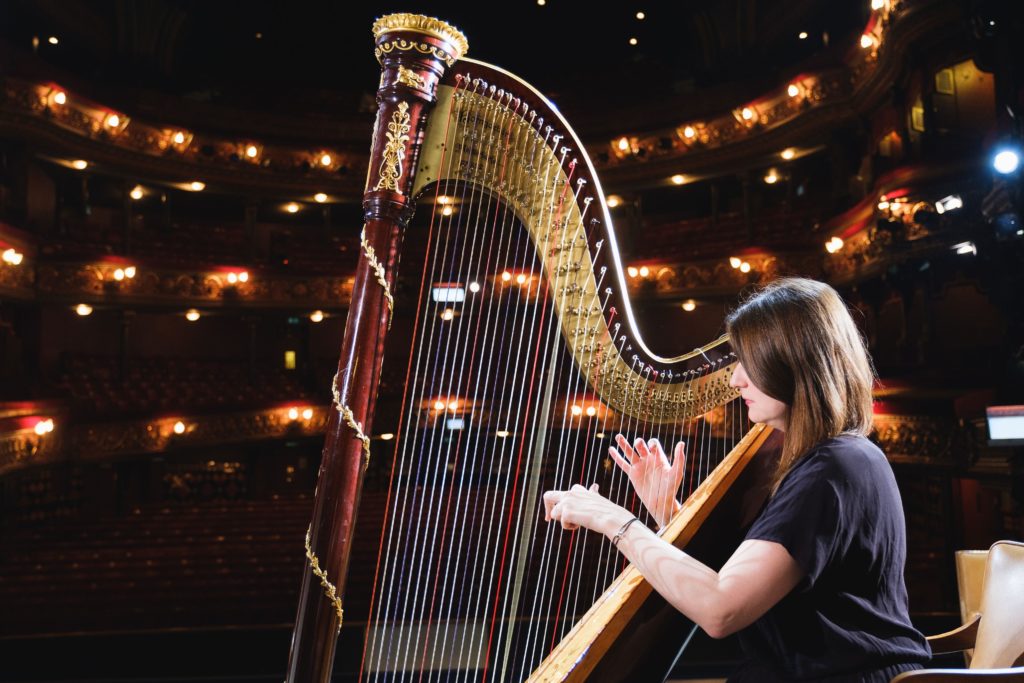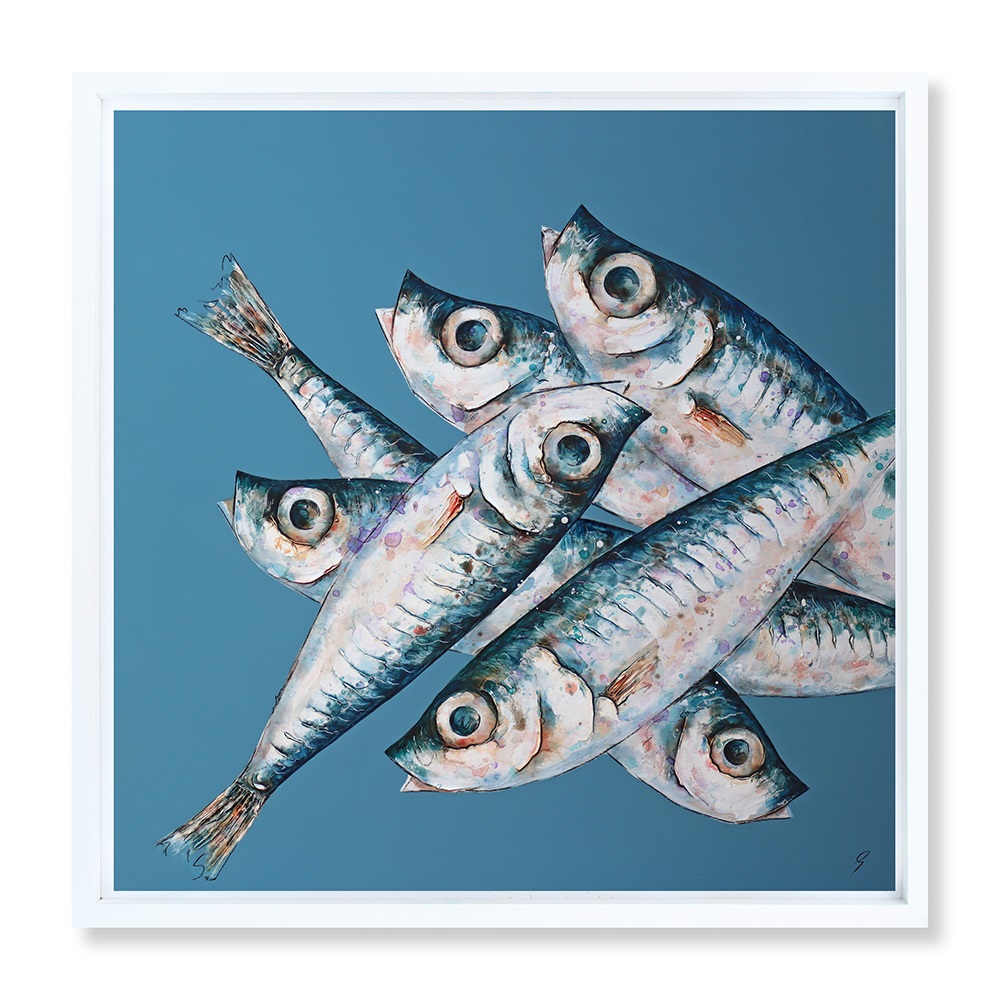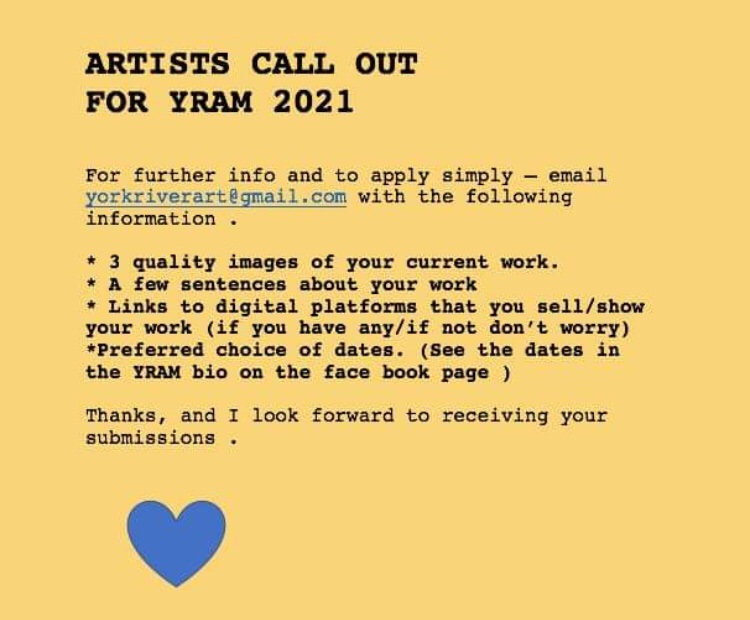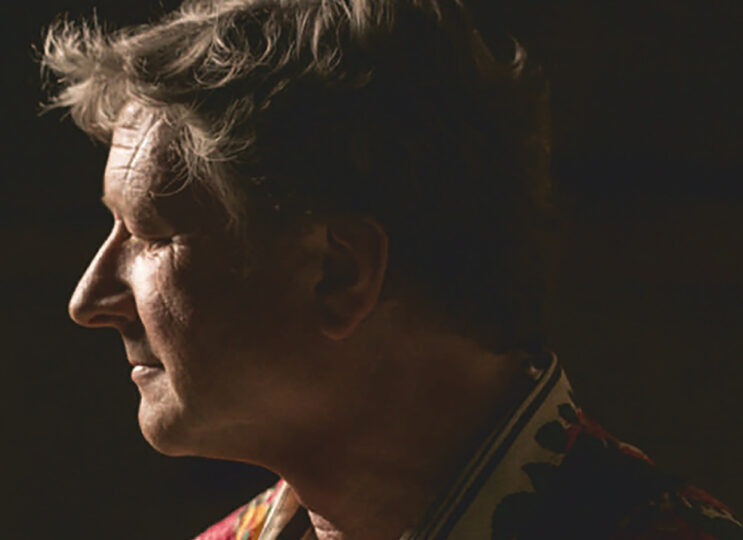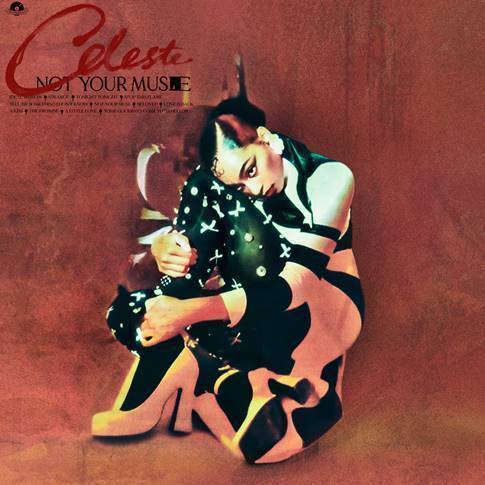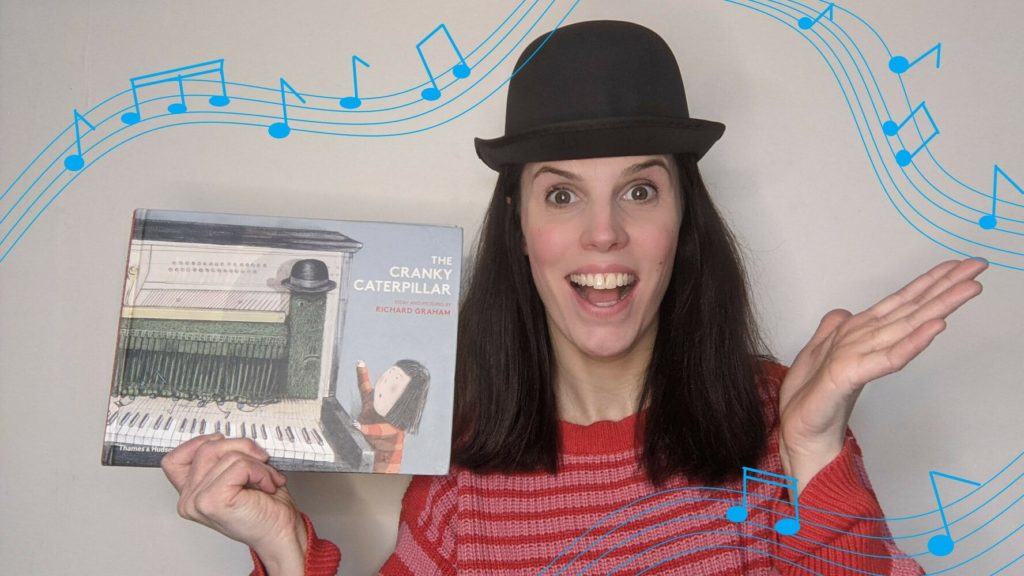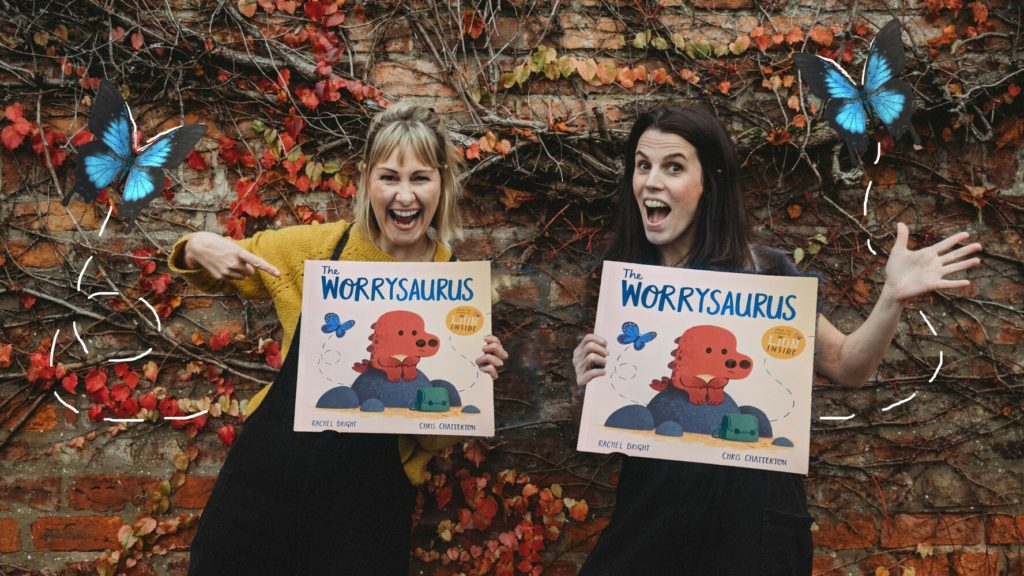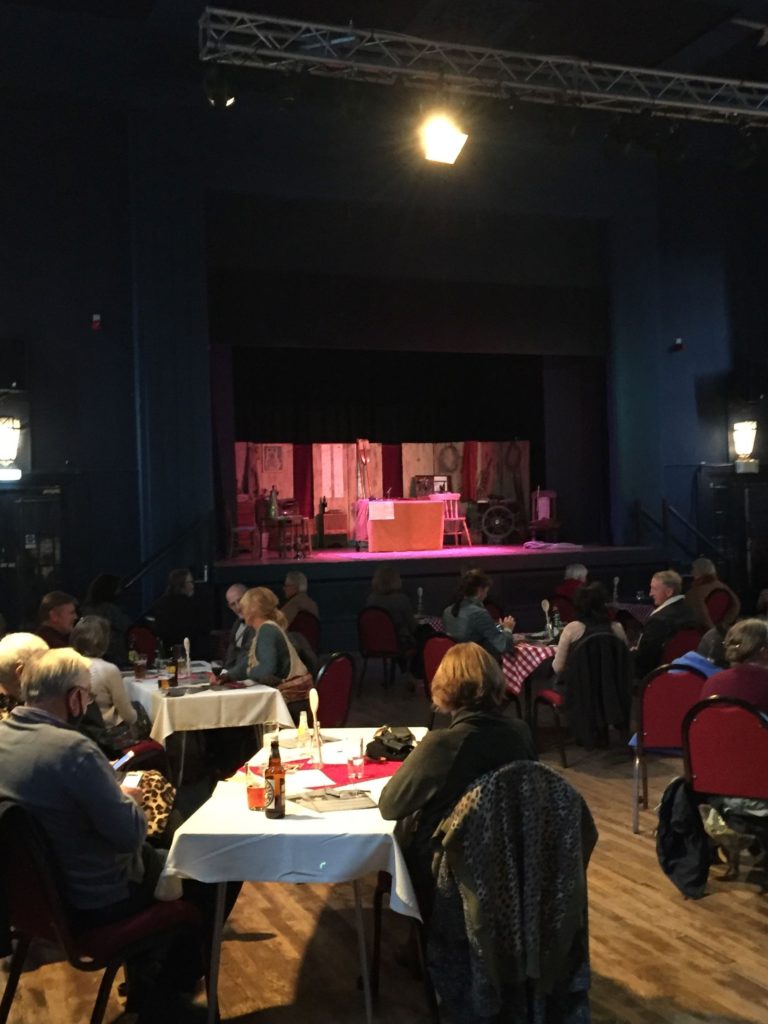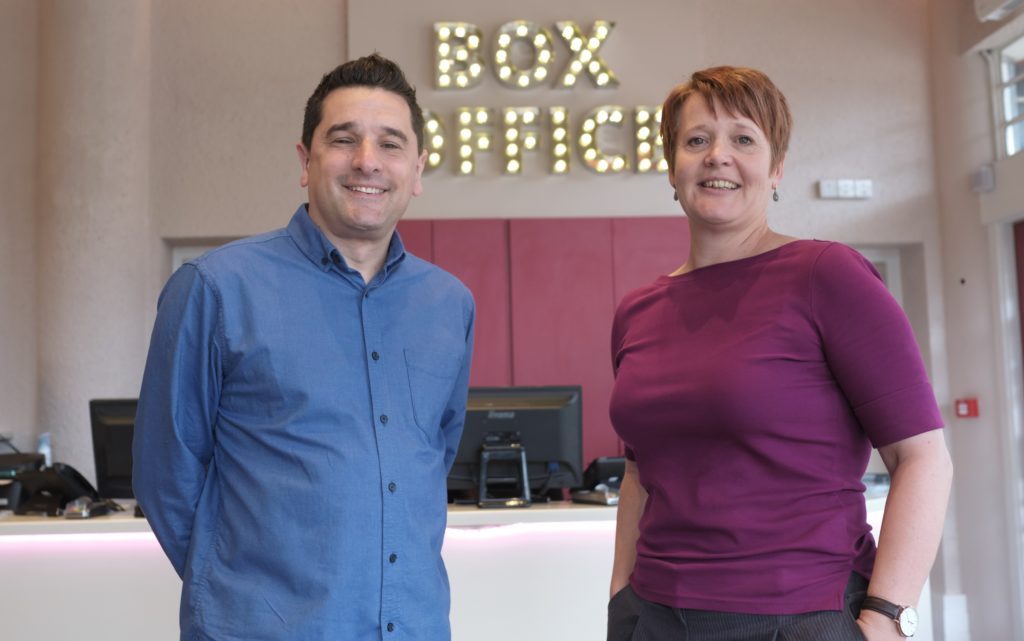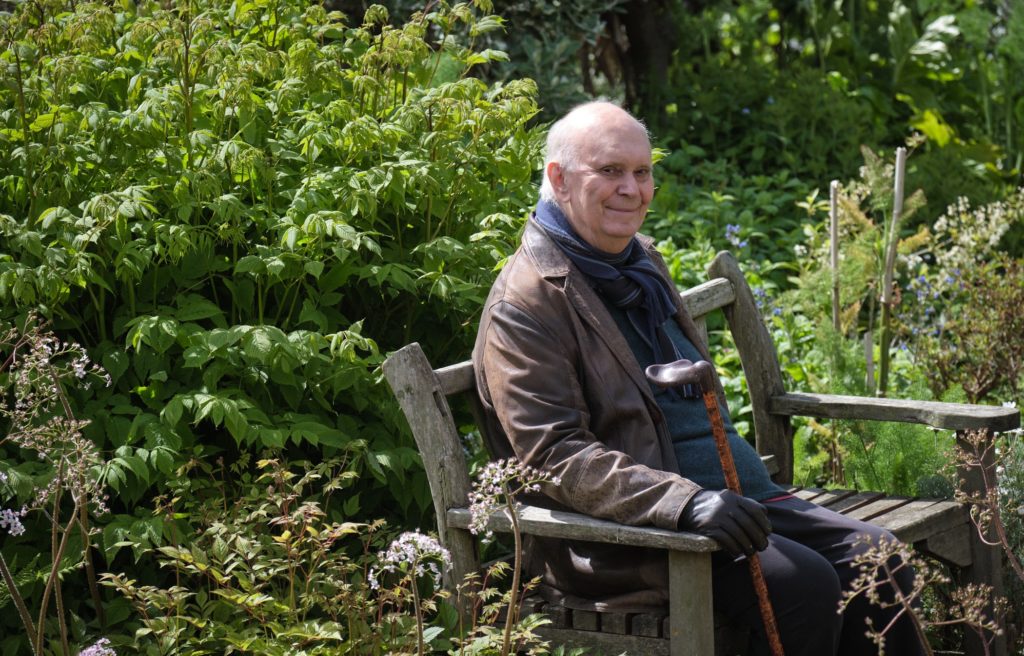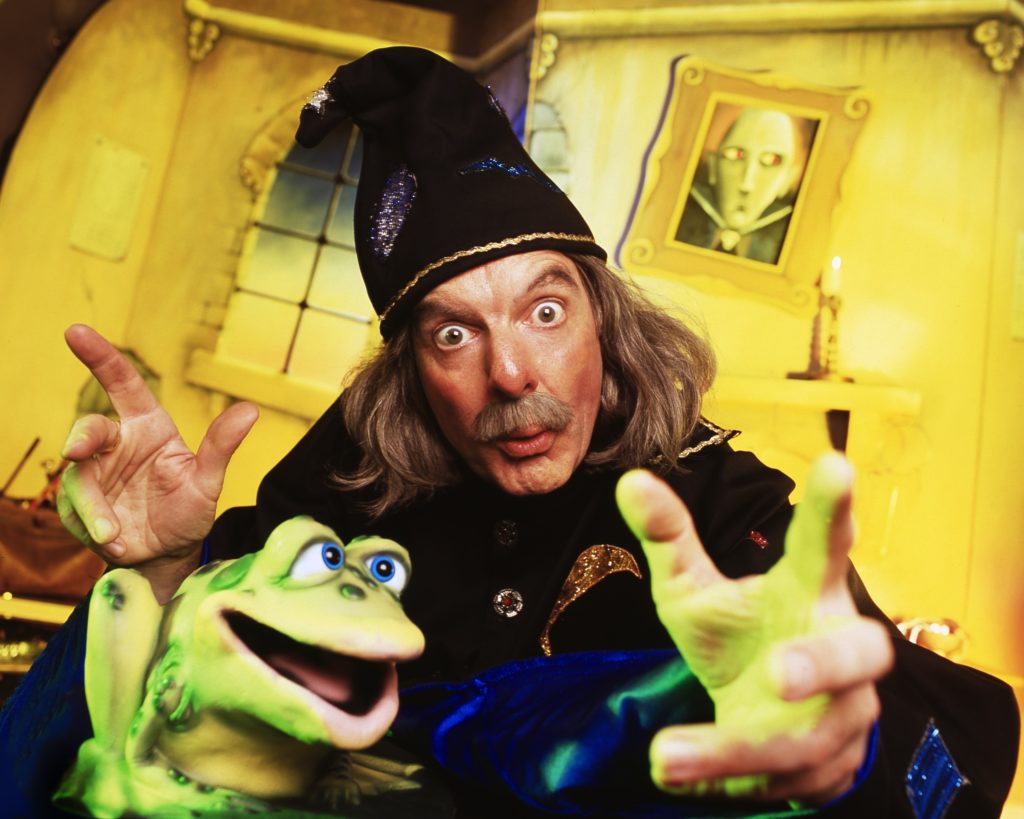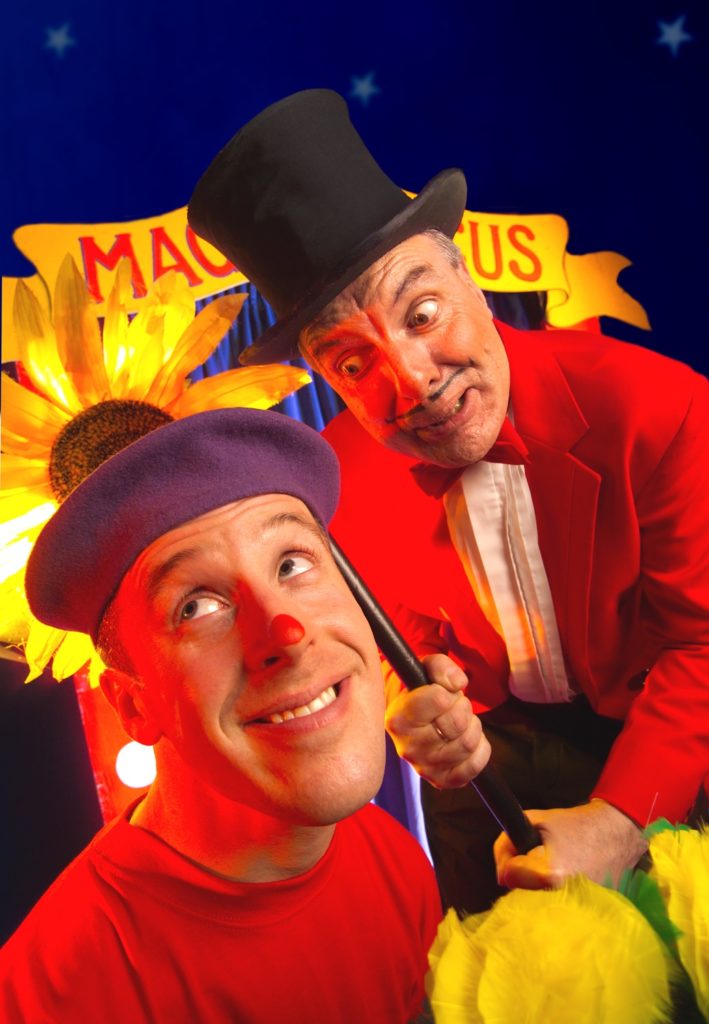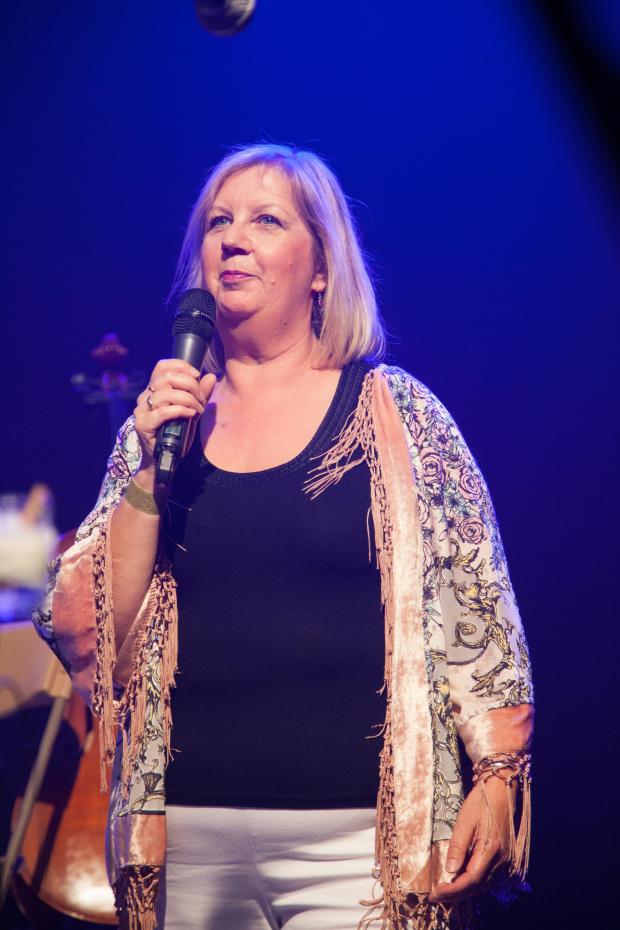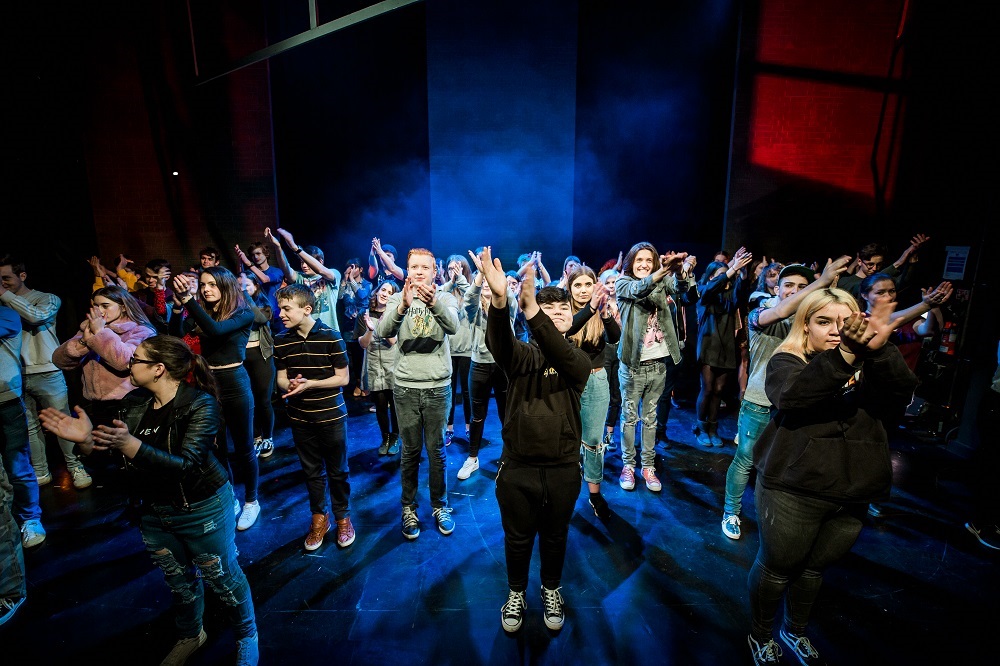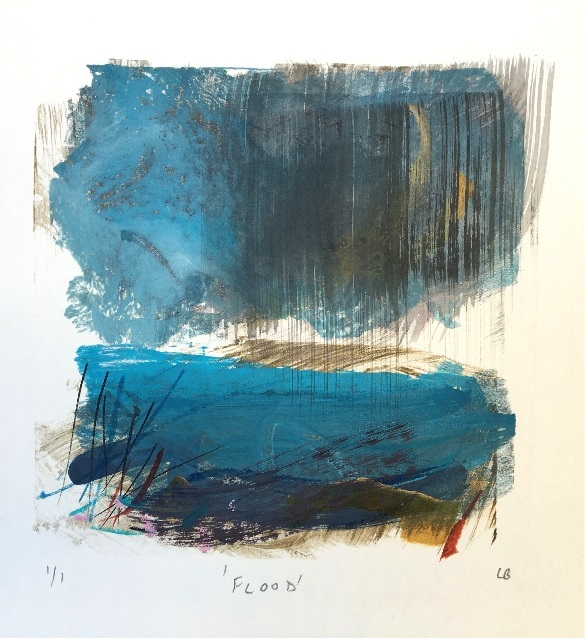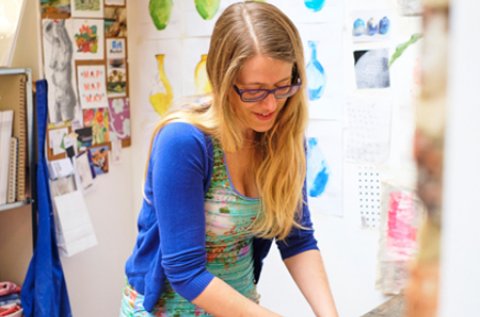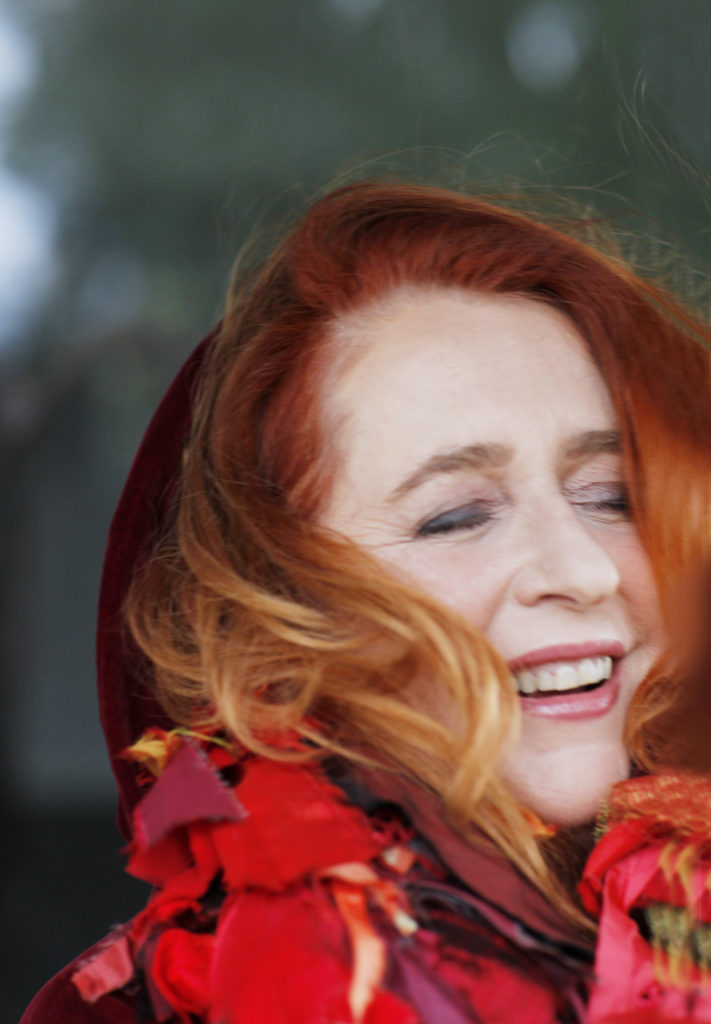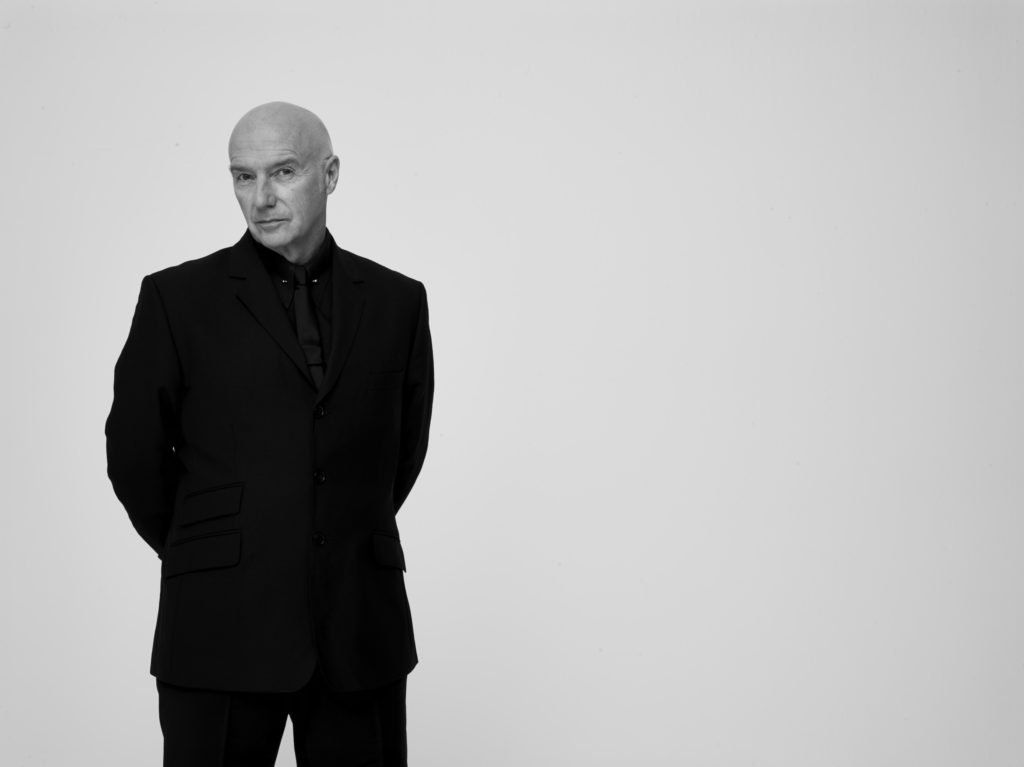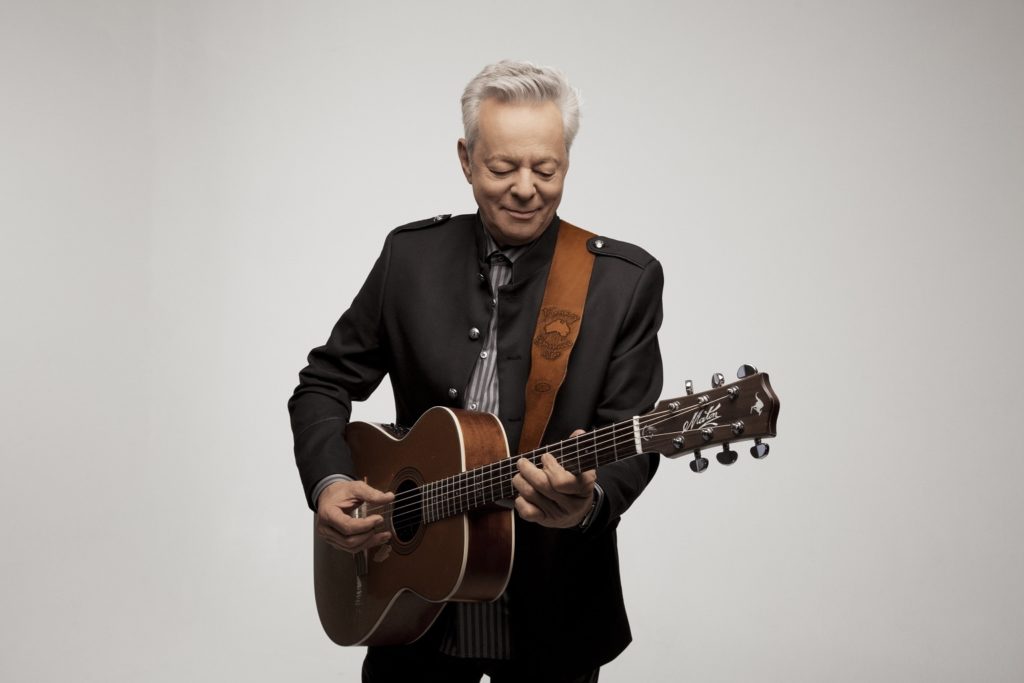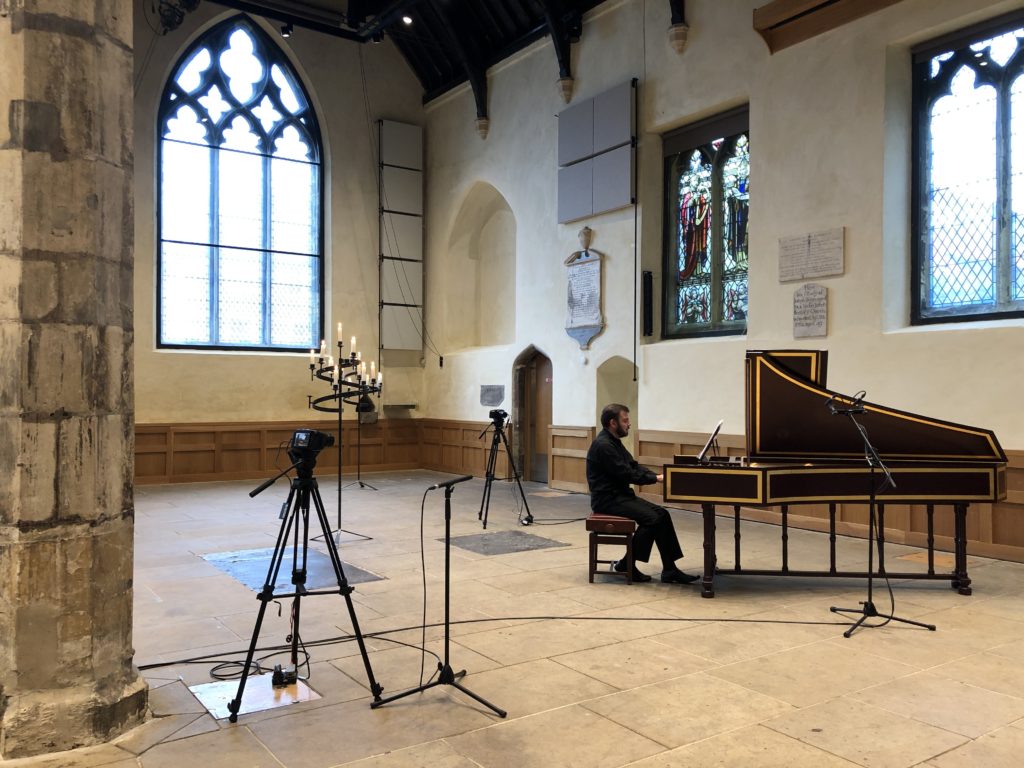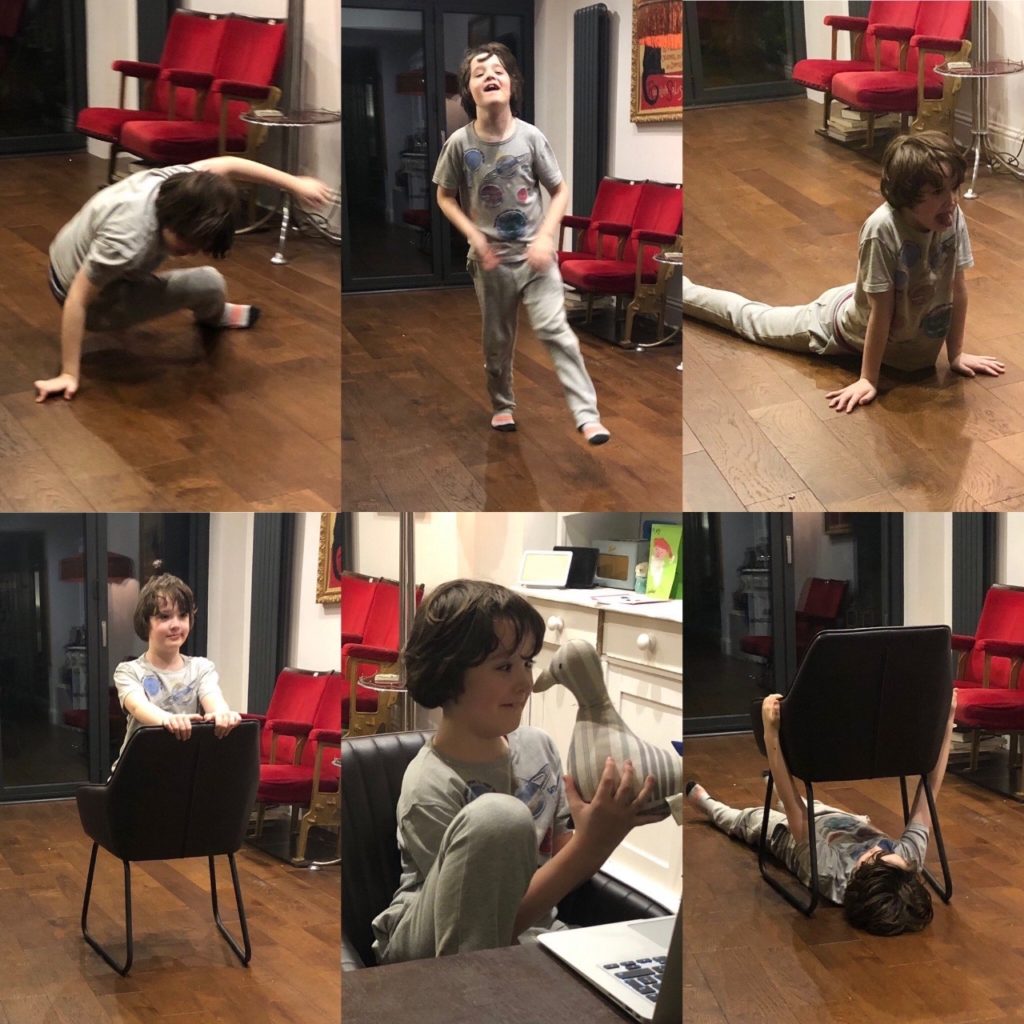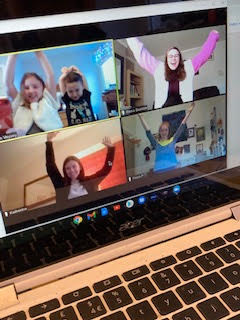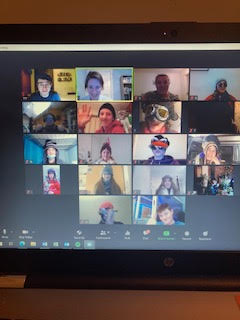
TODAY should have been a Happy St Valentine’s Day for York Theatre Royal, but Lockdown 3 postponed the love-match re-opening until further notice.
The Love Season launch was given the kiss-off by the third wave of Covid killjoy strictures that began on January 5, putting a red line through this evening’s York In Love special event and the February 16 to 20 run of The Greatest Play In The History Of The World…, starring Coronation Street soap alumnus Julie Hesmondhalgh.
When first announced, the season was to have run until April 21, presenting a series of plays from around the world. Socially distanced love will still out in the end, however, although no rearranged dates have yet been put in place for a season that would have a Covid-secure main-house capacity reduced from 750 to 345.
Indeed, the next show with a confirmed booking on the Theatre Royal website is for cookery writer Yotam Ottolenghi’s A Life In Flavour talk, presented by Penguin Live on April 14.
Amid the wait-and-see scenario until the Government’s February 22 update on Coronavirus containment measures, chief executive Tom Bird says: “We are committed to spreading the love and sharing the joy of live theatre with The Love Season as soon as we are able to do so safely. We’ll be announcing our revised plans and reopening date as soon as possible.
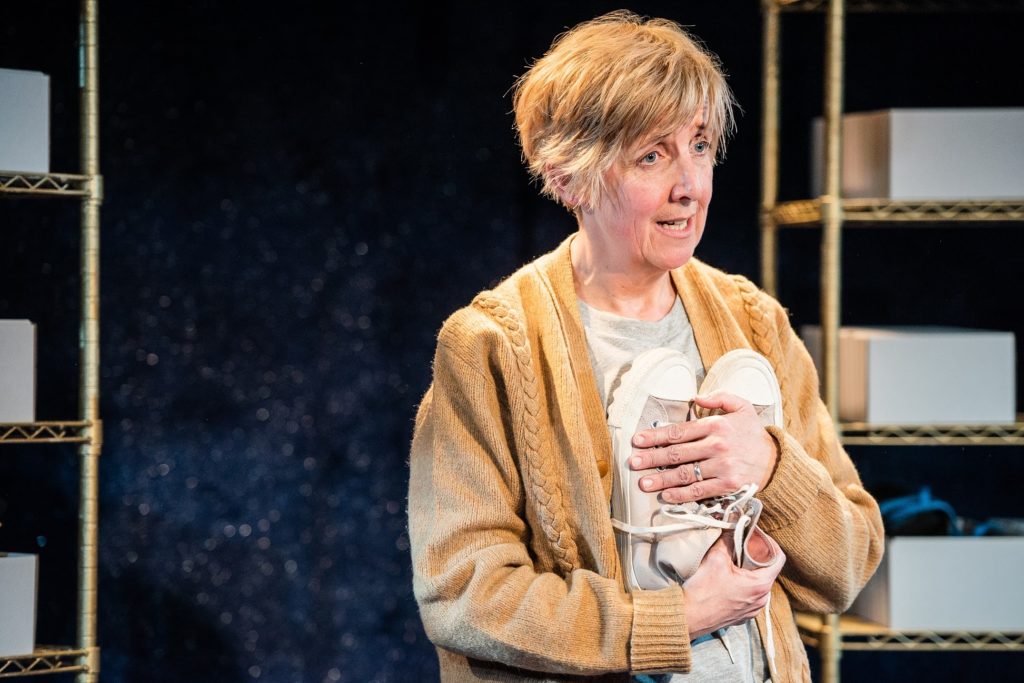
“The Love Season is designed to remind us that human connection – love, sympathy, kindness, mutual understanding, warmth, equality – is what makes us the wonderful human beings we are. In 2021 we want to celebrate humanity, our own community and a sense of togetherness.
“We want to do that with words, music, dancing, film and even food! It’s going to be fun and we can’t wait.”
Aside from two previews of York Theatre Royal’s Travelling Pantomime on a pop-up stage on December 2 and 3, the Theatre Royal auditorium has remained dark since the March 2020 shutdown.
A revised itinerary for the debut tour of The Greatest Play In The History Of The World has been announced, with only York Theatre Royal yet to rubber-stamp its dates.
After the 2018 Edinburgh Fringe premiere at the Traverse Theatre, Edinburgh, the play transferred to Manchester’s Royal Exchange Theatre Studio in September 2018 and to London’s West End in December 2019. Now, the show has been adapted especially for the tour in light of these pandemic times and performances will be housed in the larger spaces of each theatre.

Winner of The Stage Edinburgh Award in 2018, Raz Shaw’s production will be on the road from May 7 to July 3, pencilling in the York run for the first week in June, after the scrapping of the original January 29 to March 3 tour.
The tour will open at Hull Truck Theatre from May 7 to 15 (7.30pm and 2pm, Wednesday and Saturday), followed by a second Yorkshire outing at the Stephen Joseph Theatre, Scarborough, May 18 to 22 (7.30pm, 1.30pm, Thursday and 2.30pm, Saturday).
Written by Julie’s husband, the Bruntwood Award-winning Ian Kershaw, The Greatest Play In The History Of The World… heads out on a heartfelt journey that starts and ends in a small, unassuming house on a quiet suburban road. Julie narrates the story of two neighbours and the people on their street, as she navigates the audience through the nuances of life, the possibilities of science and the meaning of love.
“A man wakes in the middle of the night to discover that the world has stopped,” explains Ian, who has written for Coronation Street, Cold Feet and Shameless. “Through the crack in his bedroom curtains, he can see no signs of life at all, other than a light in the house opposite where a woman in an over-sized Bowie T-shirt stands, looking back at him.”
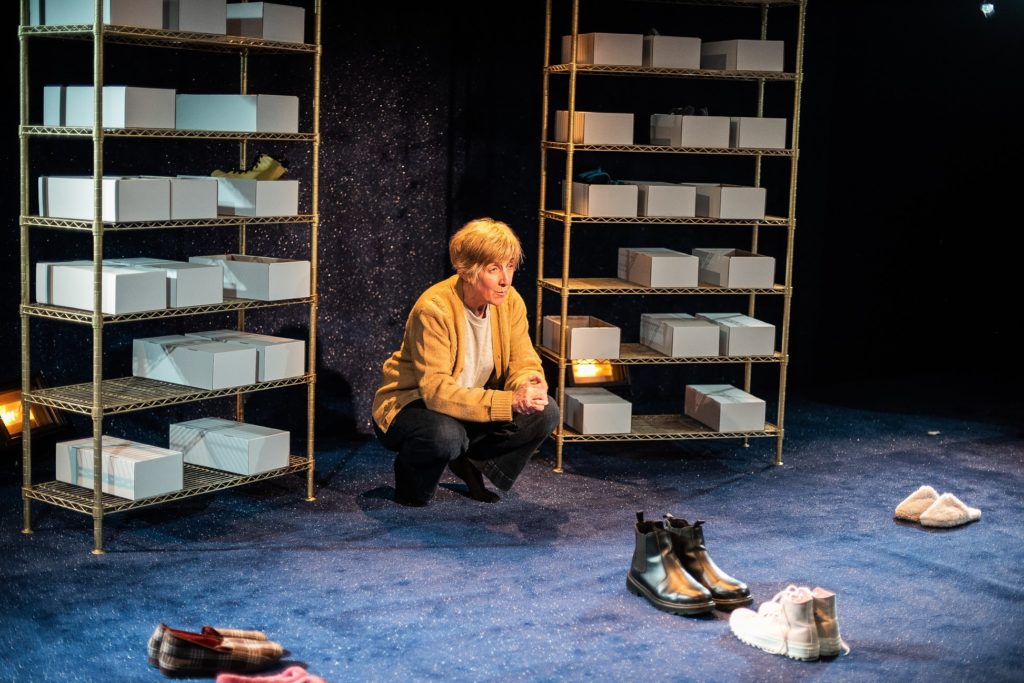
Recalling the play’s roots, Julie says: “I had a notion, a romantic notion, that my husband, the writer Ian Kershaw, should write a one-woman show for me and we could tour it together into our dotage, like travelling troubadours (or something).
“A couple of Christmases ago, Ian kept disappearing to the cellar for an hour at a time, wrapping presents maybe, I thought. And then he presented me with this lovely thing.
“A beautiful play, a love story, but a universal one – literally! – about learning in time what matters in the end, about leaving a mark on the world – and maybe beyond – that shows us, the human race, in all its glorious messiness, confusion and joy.
“It was the best present I ever got. In these dark and confusing times, it offers a bit of love and light as we enter 2021 with fresh hope.”
Tickets for Hull Truck Theatre are on sale at hulltruck.co.uk; Scarborough, sjt.uk.com.

